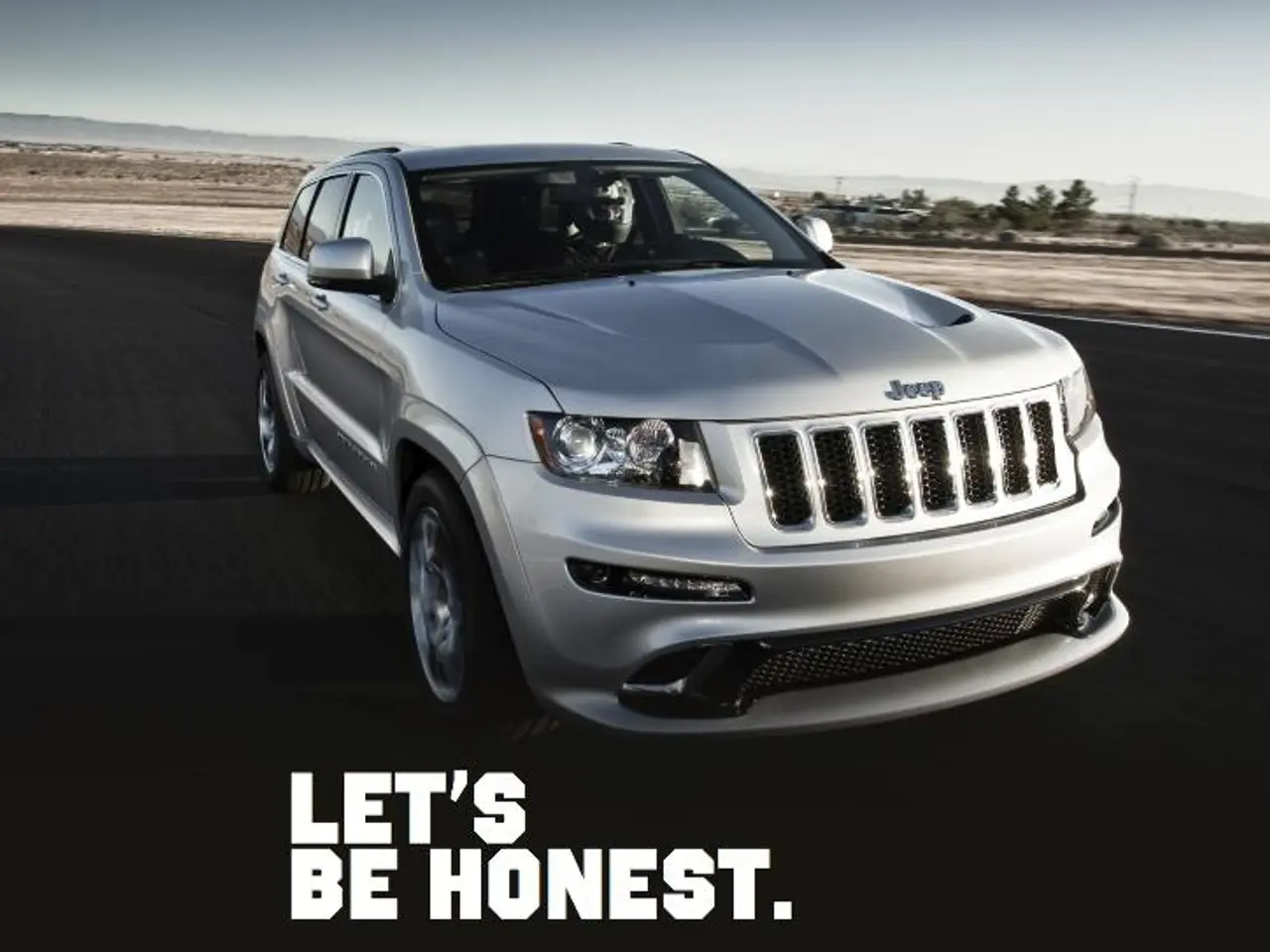Factors Determining Compensation for Car Dealership Owners
In the dynamic world of car sales, compensation structures play a crucial role in attracting and retaining both dealership owners and sales professionals. The following factors significantly influence the earnings of car dealership owners and sales professionals.
Factors Affecting Car Dealership Owners
The compensation of car dealership owners is influenced by several key factors:
- Business Structure and Ownership Model: Franchise or independent dealerships have different profitability and owner pay methods. Owners often receive a fixed salary plus profit sharing, which varies by business form.
- Revenue and Profit Margins: Total vehicle sales revenue and gross profit margins, usually between 8-12%, significantly impact owner earnings. Luxury car dealerships tend to have higher margins compared to economy brands.
- Operating Costs: Labor expenses, commissions, rent, maintenance, insurance, and other overhead reduce net profit and thereby owner compensation. High operating costs constrain profitability.
- Reinvestment Strategy: Some owners choose to take a conservative salary and reinvest a large share of profits back into the business to support growth, affecting their immediate compensation.
- Market Dynamics: Location, market demand, and specific segments (e.g., electric vehicles or luxury cars) influence profitability levels and owner income. For example, electric vehicle dealerships may see altered margins due to market conditions.
- Inventory Acquisition Costs: Normally 50-80% of sales revenue, they directly impact gross profit and owner pay.
- Profit Distribution Policy: Owner compensation aligns with how gross and net profits are shared; effective pay strategies that balance salary and profit share improve overall compensation.
Factors Affecting Car Sales Professionals
Sales professionals in the car industry also face various factors that affect their earnings:
- Compensation Structure: Commission-based compensation rewards sales professionals directly for the vehicles they sell, encouraging high performance but leading to inconsistent earnings during slow sales periods. Hybrid compensation, a combination of salary and commission, balances these two approaches, providing sales professionals with a base salary while allowing them to earn additional income through sales performance.
- Brand Reputation: The brands sold by a dealership have distinct reputations, customer bases, and profit margins, and understanding the unique selling points of each brand is essential for success.
- Dealership Location: Dealership location can significantly impact success in car sales, with urban areas offering high potential customer density but also stiff competition, suburban areas offering a balance, and rural areas having fewer competitors and a loyal customer base.
- Dealership Size: Dealership size can impact career advancement opportunities and earnings, with smaller dealerships offering a more intimate and hands-on experience and larger dealerships providing greater resources and training.
- Target Market: Entry-level or budget car brands, like Kia or Hyundai, cater to value-conscious consumers, requiring sales professionals to develop strong communication and persuasion skills. High-end luxury car brands, such as Mercedes-Benz or BMW, carry an air of exclusivity and prestige, attracting affluent clients and earning premium commissions.
- Competition: Competition within a sales territory can impact success, with high competition requiring strategies to stand out and less competition offering a better chance at closing deals.
- Dealership Type: Medium-sized car dealerships offer a balance between personalized attention and broader exposure, expanding sales professionals' portfolios and horizons. Privately owned car dealerships offer a more flexible and personalized approach, providing sales professionals with greater autonomy and a family-oriented work environment. Publicly traded car dealerships operate with a focus on shareholder value, driving performance-based incentives and a competitive atmosphere.
In conclusion, both car dealership owners and sales professionals face a complex array of factors that influence their compensation. Understanding these factors and adapting to them is essential for success in the car sales industry.
[1] "Car Dealership Ownership: How to Compensate Yourself." Dealership Minds, 2021. [Online]. Available: https://dealershipminds.com/dealership-operations/car-dealership-ownership-how-to-compensate-yourself/
[3] "Car Dealership Profit Margins: What You Need to Know." Cox Automotive, 2020. [Online]. Available: https://www.coxautoinc.com/insights/dealer-resources/car-dealership-profit-margins-what-you-need-to-know
- A car dealership owner's motivation can stem from the potential for higher earnings in luxury car dealerships, as they tend to have higher profit margins compared to economy brands.
- Sports-like competition among sales professionals in the car industry can serve as a source of motivation, with high-performing sales professionals earning premium commissions, similar to bonuses in sports.







